4 Quick Tips to Get Your Finances Back on Track

Post tax-season, a lot of us are looking to do better on our finances. Maybe you got a big tax bill and are now wondering where your earnings went. Perhaps you were a little less organized than you would have liked.
Whatever the case, mid-points like this are great times to give your finances a makeover! Here are my top 4 tips for getting your finances on track again, whether that’s in your business, or your personal finances.
Review Your Goals
After a big financial event like tax season, the financial goals you set earlier in the year deserve a revisit. Check in with them and ask yourself if they still fit. If not, give your goals a nice update! Make sure what you’re aiming towards is relevant to you. You can check out my article on doing a mid-year review of your finances right here.
If you don’t have any financial goals, now is the time to set them. Harness whatever financial fervor tax season (or whatever other financial situation brought you to this post) has instilled in you.
What are your ideal financial conditions? Dream them up, write them down, and come up with a plan. If you need some pointers, here’s my article “4 Strategies for Setting Doable Financial Goals.”
Set Up a Weekly Money Check-In
So much of creating the life you want is about habits. One of the best habits to adopt, in my opinion, is regular “money time”. Find time each week to check in with your finances. Start with a short chunk, to make it feel more manageable. Fifteen to thirty minutes should suffice.
Use this time to check in with your expenses, upcoming bills, IOU’s, and more as needed. Here are my suggestions on what to look for during your weekly money check-in.
Make a Plan to Stay on Top of Your Books
Especially if organization was an issue this tax round and you run a business, making a plan to stay organized until next tax time is a great thing to do right now. Ask yourself what you need to be able to do this.
Do you need to work with a bookkeeper? Do you need to get some training on how to do your bookkeeping yourself? Identify your needs and take some steps to set yourself on the right path.
Find a Money Buddy
It’s my personal belief that anything can go better when you have an accountability buddy. Find someone in your circle who has a financial goal they’re working on too, and join forces! This might be a fellow business owner, or someone from your church, or another mom from a play group.
Once you’ve found your money buddy, establish the terms of your accountability partnership. How often do you want to meet? How do you want to do check ins? Do you want to learn about finances together, or just trade tips on goals?
These 4 tips will help set you on the right path. If you’re a small business owner looking for more ideas, you might like my free eBook, the Cash Flow Reboot Guide: A Guide to Thriving in Uncertain Times. Click below and get your free copy.










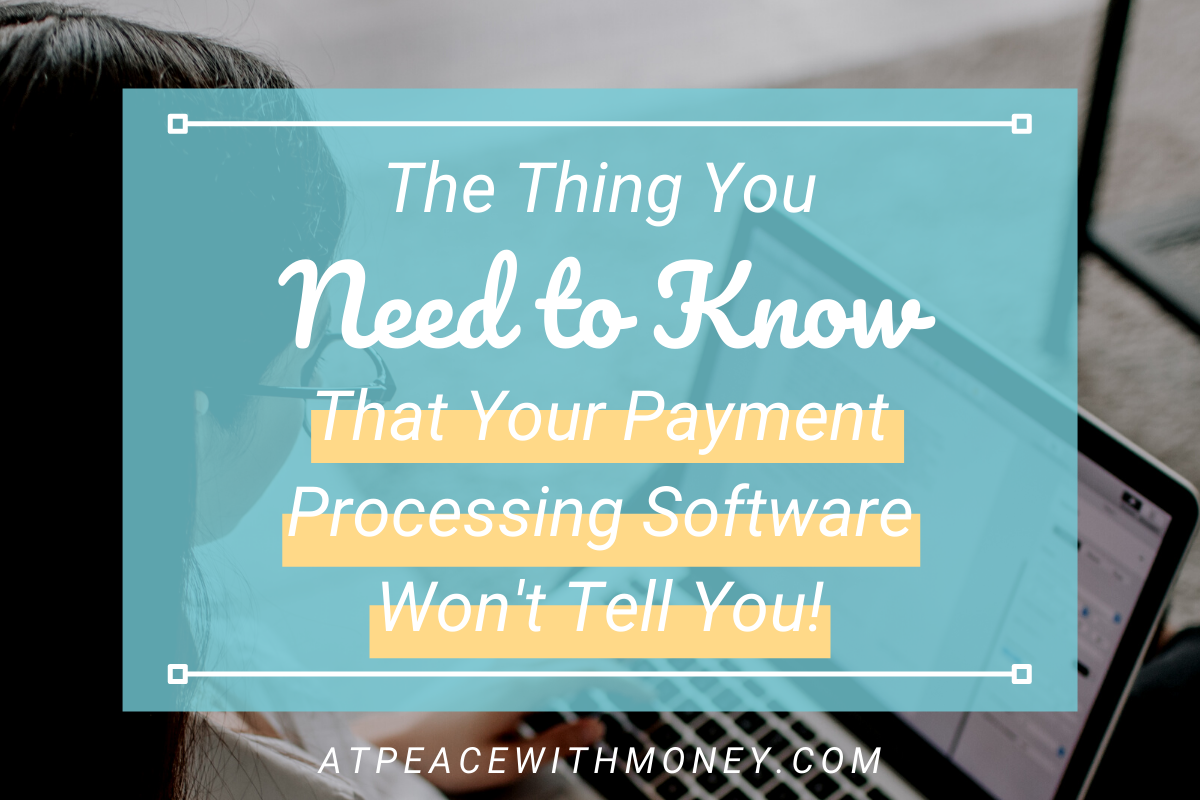
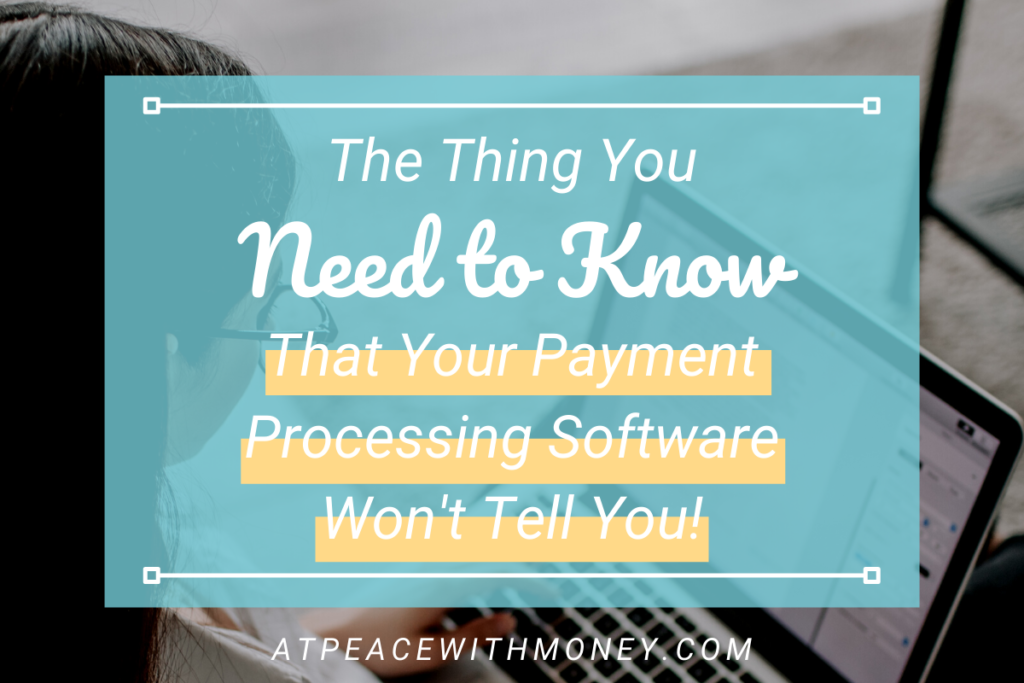
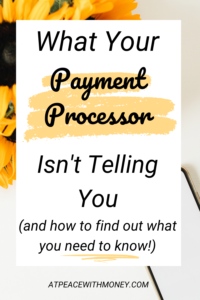

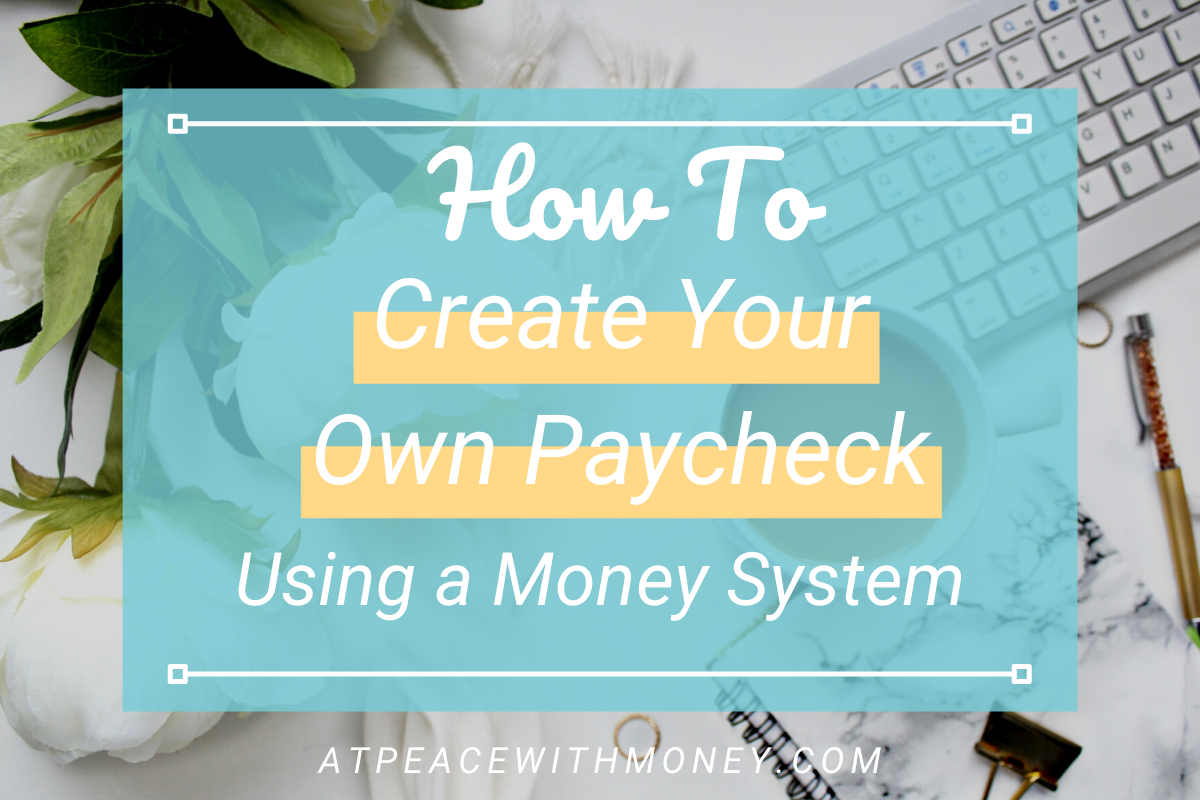
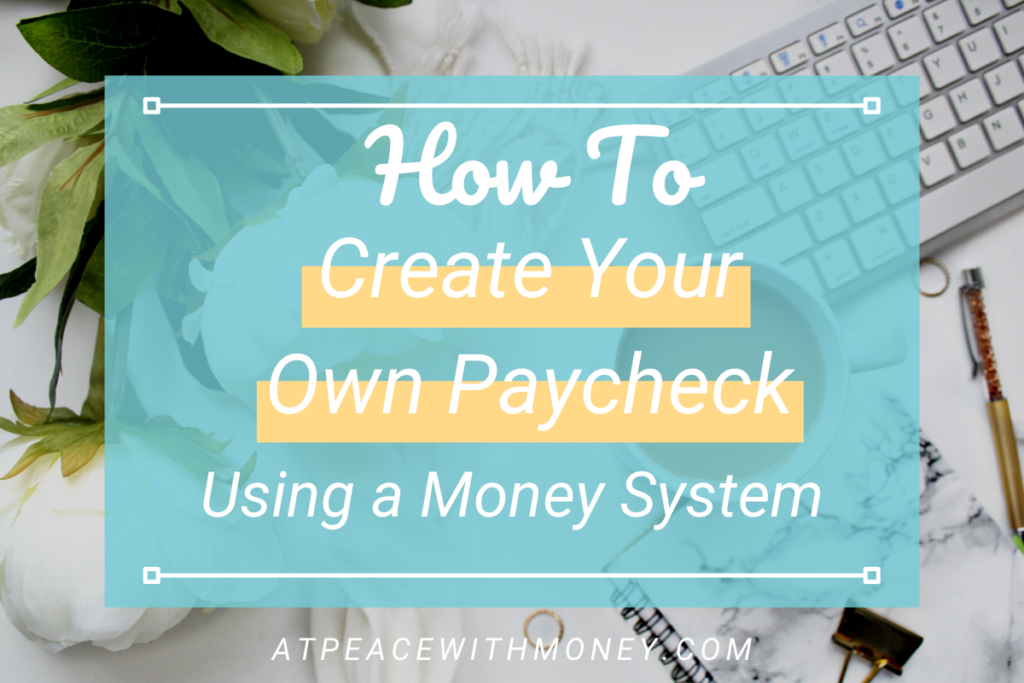
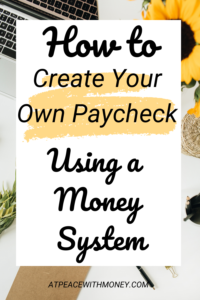





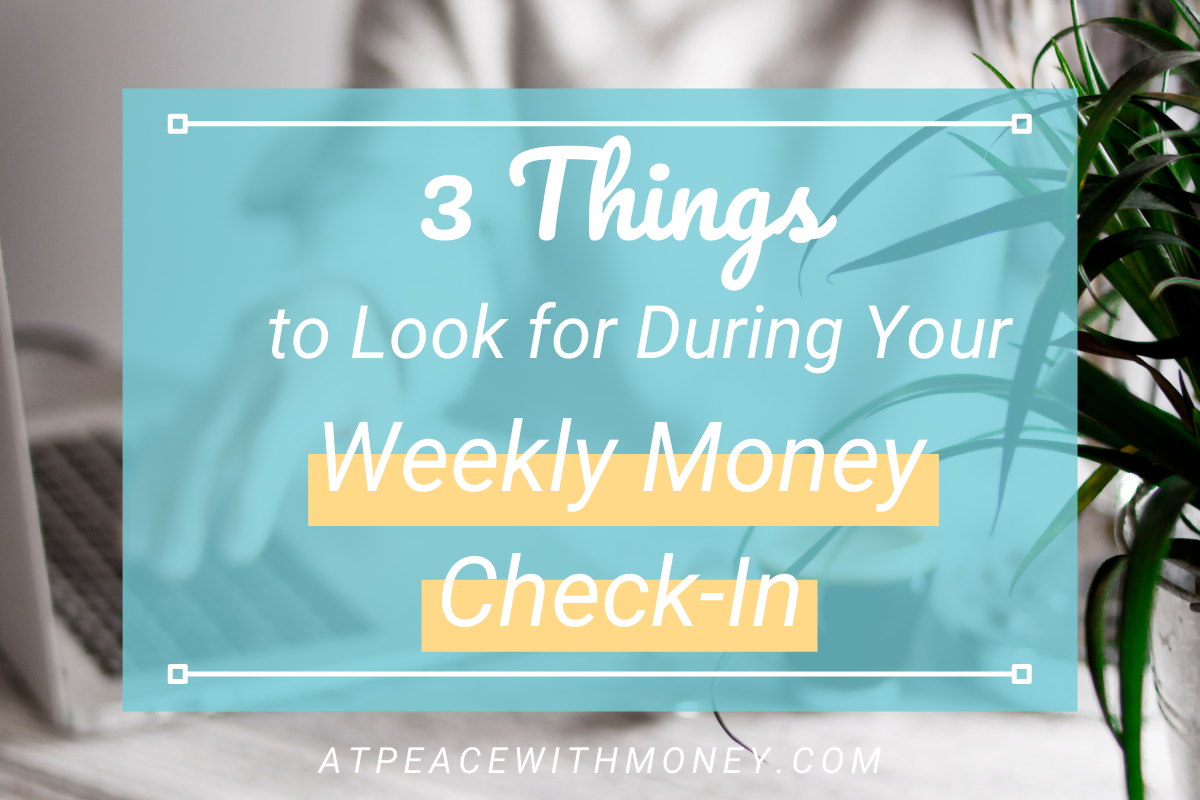

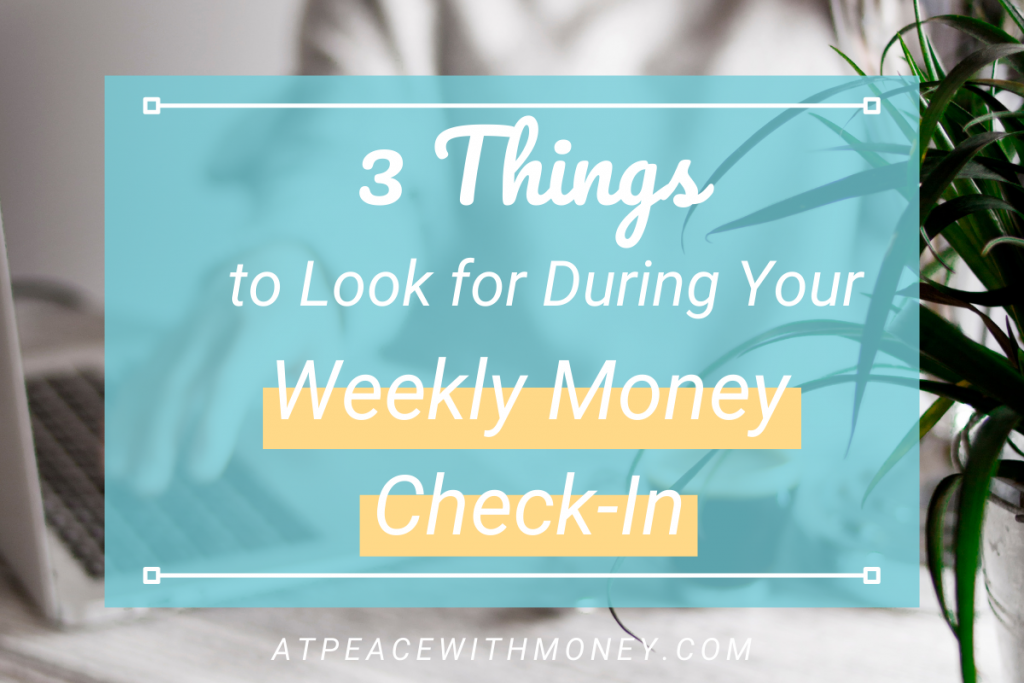


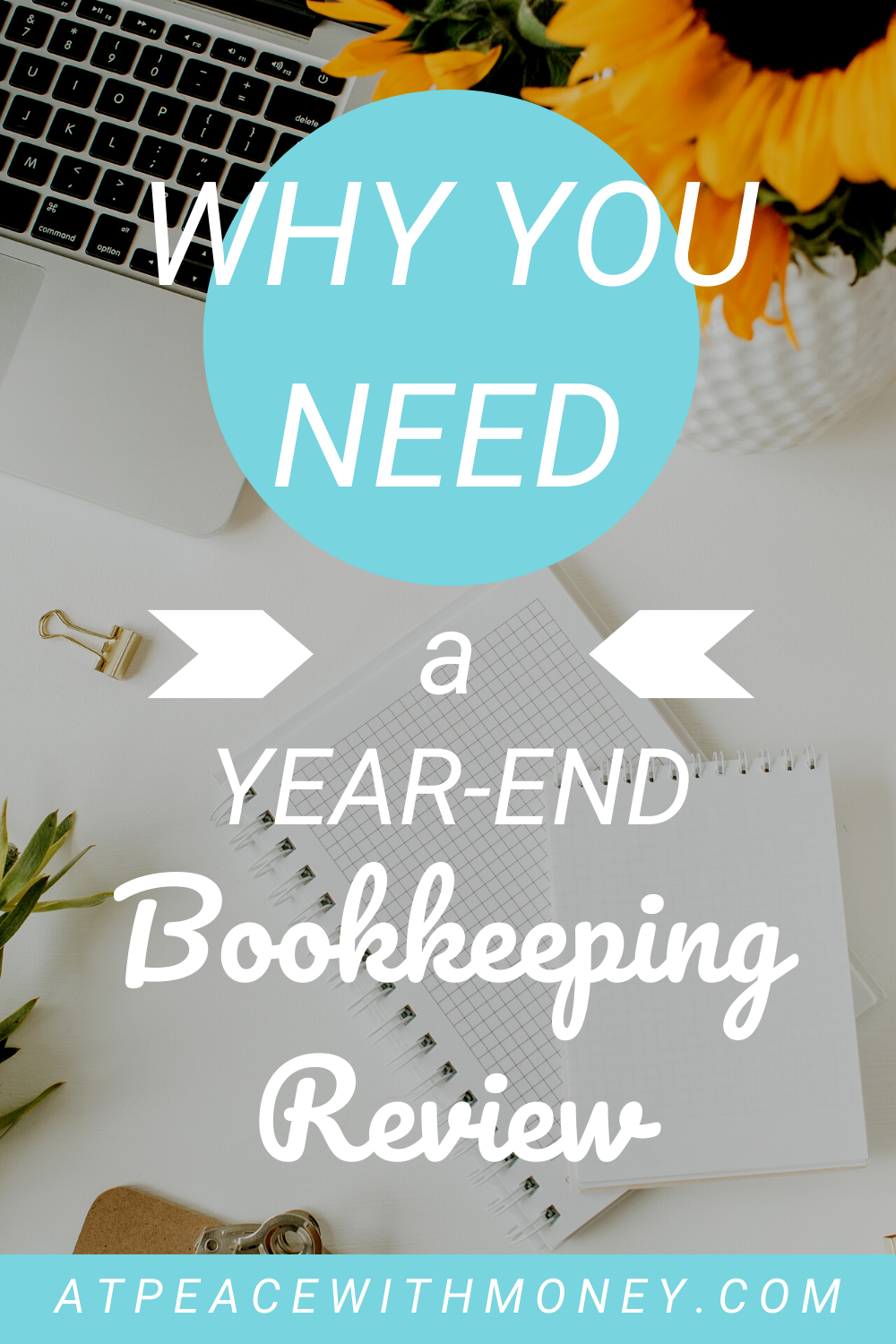

 financial records hold this info. Work with someone willing to help you find it! For more about finding and working with a bookkeeper, check out my post
financial records hold this info. Work with someone willing to help you find it! For more about finding and working with a bookkeeper, check out my post 
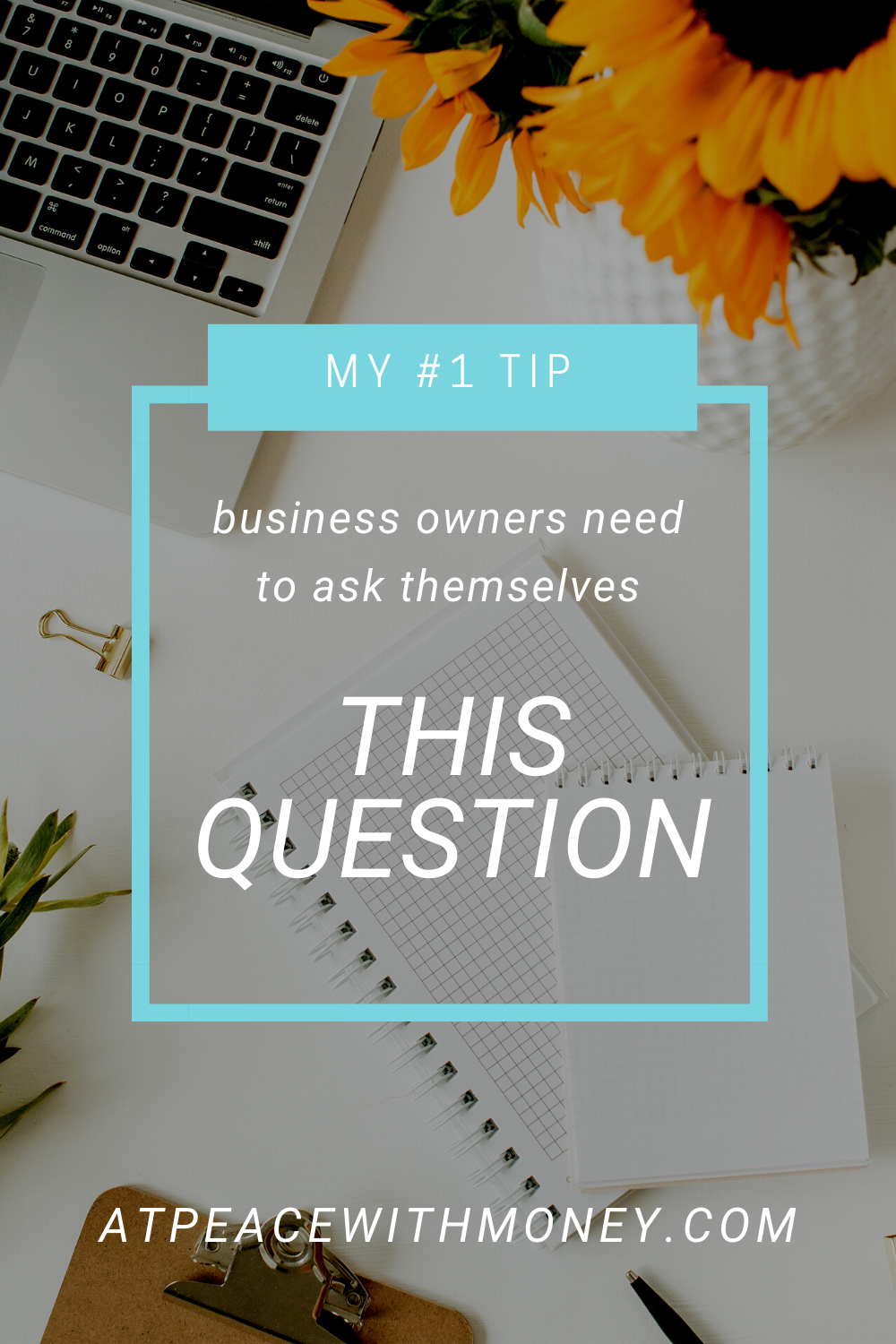

 we want to work with can be immensely helpful. I encourage you to spend some time thinking about your why and your current offerings, and how they’re related. Is your why reflected in what you offer? Do you feel fulfilled by offering those products or services?
we want to work with can be immensely helpful. I encourage you to spend some time thinking about your why and your current offerings, and how they’re related. Is your why reflected in what you offer? Do you feel fulfilled by offering those products or services?

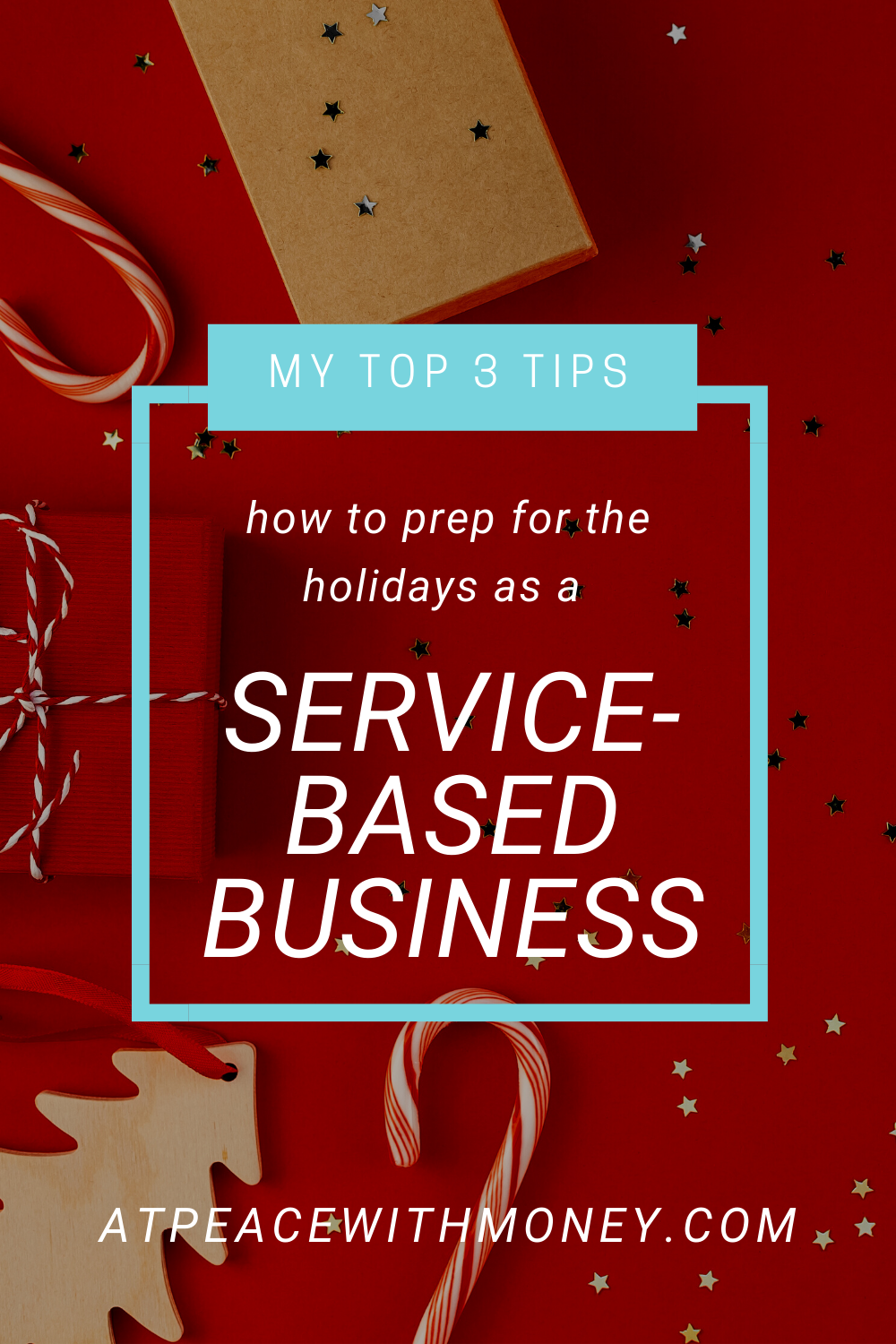

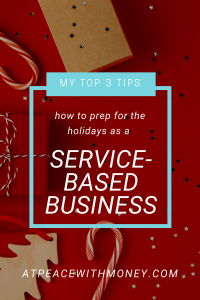 Services or products can be bundled together to create holiday-themed packages for your clients. Try including a free holiday gift with an extra purchase. You could also consider theming a bundle of different services around the holidays. For example, if you’re a teaching artist, you could bundle together online courses under a holiday sale designed to help people make their own gifts!
Services or products can be bundled together to create holiday-themed packages for your clients. Try including a free holiday gift with an extra purchase. You could also consider theming a bundle of different services around the holidays. For example, if you’re a teaching artist, you could bundle together online courses under a holiday sale designed to help people make their own gifts!


 The choice is ultimately yours. Whatever sales schedule you decide to follow, you will also want to take into account your production timeline. Right about now is when many product-based businesses start beefing up their inventories. Here’s an article I wrote for product-based businesses on
The choice is ultimately yours. Whatever sales schedule you decide to follow, you will also want to take into account your production timeline. Right about now is when many product-based businesses start beefing up their inventories. Here’s an article I wrote for product-based businesses on